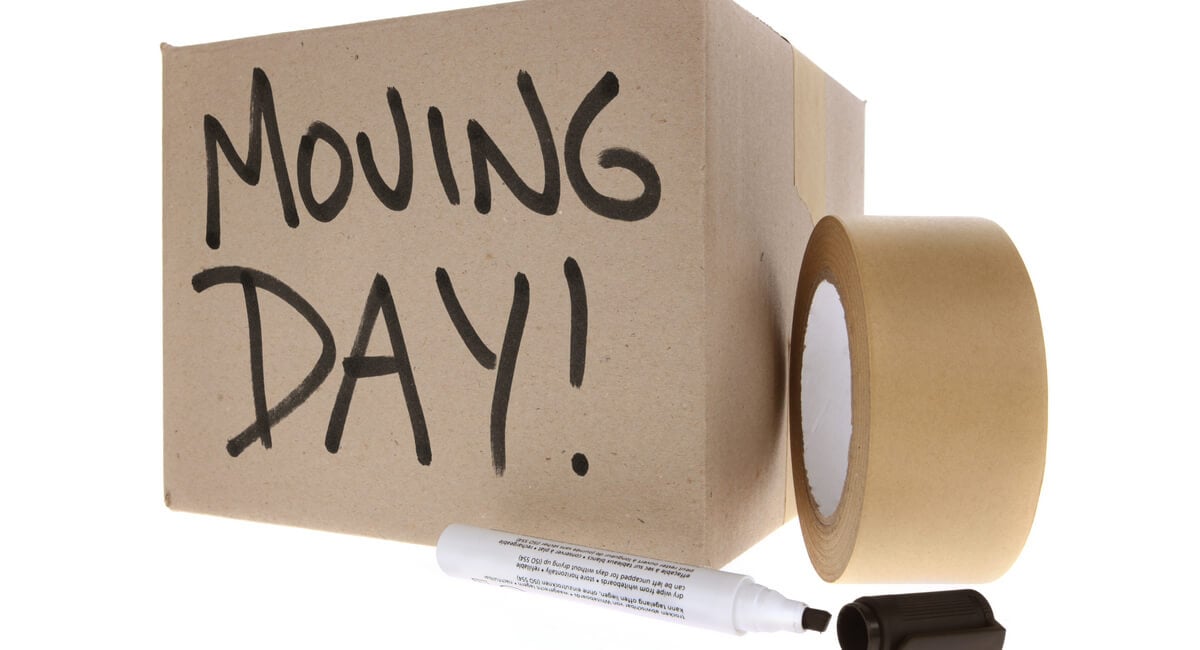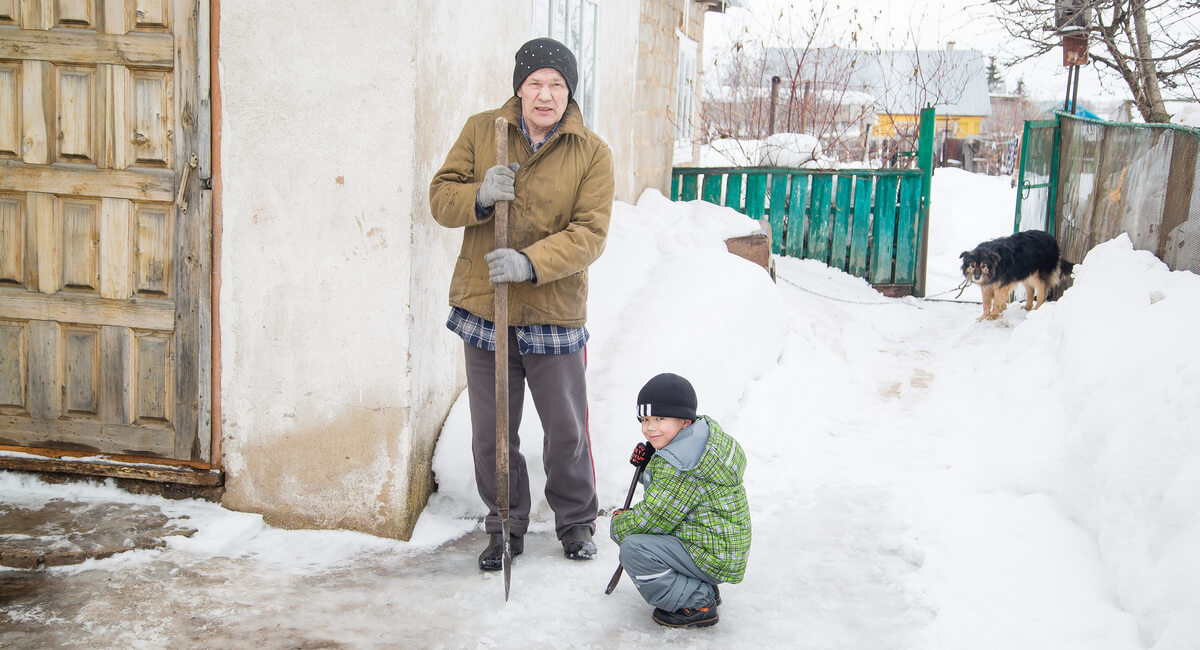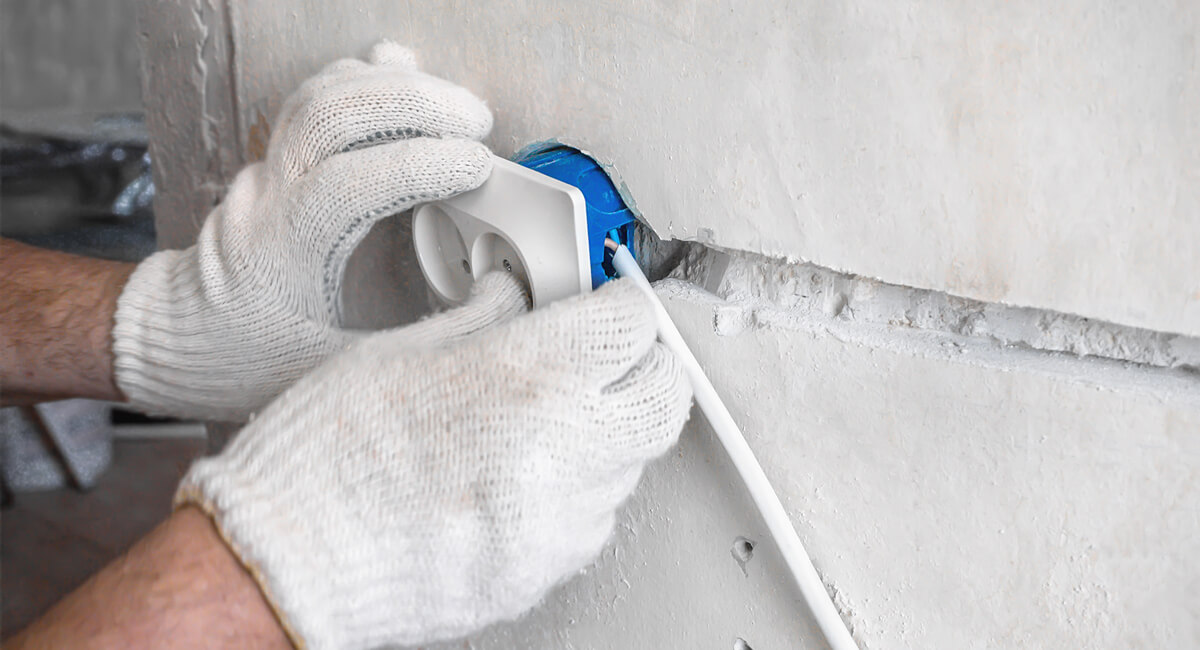Most people tend to move during the warm, sunny months of spring and summer when the weather’s nice and there’s plenty of daylight to work with. But sometimes life throws you a curveball, and you end up moving in the winter. Whether it’s for a new job or family reasons, moving in the cold can be a bit of a reality check. But don’t worry! With the right approach, moving in the winter can still be a success.
Why a Winter Move Might Work in Your Favor:
- Less Competition: Fewer people are moving, which means the market might be less crowded—great news if you’re looking for a new place.
- Easier Logistics: It’s often easier to book movers and make travel plans during the off-season, plus if you have some time off for the holidays, it can work to your advantage.
But Be Prepared for These Challenges:
- Weather Issues: Snowstorms, ice, and winter weather can make moving tricky, potentially causing delays or even safety concerns.
- Cold and Shorter Days: No one enjoys hauling boxes in freezing weather, and you’ll have fewer daylight hours to get everything done.
- Holiday Stress: Moving during the holidays can add some extra emotional weight, especially if you have kids. It can throw off the usual festive vibe and ramp up stress.
It’s all about planning ahead and being flexible!

Survival Guide for a Winter Move
1. Plan in Advance
Start preparing well before moving day to make things smoother. Pack early, organize your belongings, and plan out the layout of your moving van to cut down on time spent outside in the cold. The more you can handle in advance, the less stress you’ll feel when it’s time to move.
2. Keep Your Moving Day Flexible
While planning is key, it’s just as important to stay flexible. Winter weather can be unpredictable, so be ready for any unexpected delays or hiccups that might come your way. Having a backup plan will help you handle those last-minute challenges with less stress.

3.Weatherproof Your Possessions:
Even though your belongings won’t be outside for long, it’s still important to protect them from the winter elements. Make sure to wrap items with blankets, tarps, or furniture pads to prevent any damage from the cold or moisture.

4. Clear Your Walkways
Safety first! Be sure to clear any snow, ice, or slush from your walkways and driveway before loading the moving van. Sprinkle salt or sand to reduce the risk of slipping and keep everyone safe during the move.

5. Protect Your Floors
To keep your floors safe from water, slush, and scratches, lay down tarps in the high-traffic areas during your move. Also, stick some felt pads on your furniture legs to prevent any unwanted scratches while you’re moving things around.

6. Prepare Your Car
f you’re going on a long-distance drive, make sure your car is prepped for winter. Good tires are a must, and don’t forget an emergency kit with essentials like jumper cables, an ice scraper, blankets, and some extra water.

7. Consider Hiring Movers

8. Set Up Utilities at Your New Home
Make sure to arrange for utility services in your new home ahead of time. The last thing you want is to show up and find yourself in a cold, dark house.

9. Allow Extra Travel Time

10. Prepare To Unload In The Dark
If your schedule forces you to unload in the dark, come prepared. Headlamps can help keep things visible, or pack essential items separately so you can quickly access them upon arrival, leaving the rest for the next day.
Moving in the winter has its challenges, but with good planning and the right safety measures, you’ll get through it smoothly. It may not be the coziest experience, but following these tips can make the whole process safer and a bit easier.
Embrace the winter move, stay warm, and enjoy the journey!


